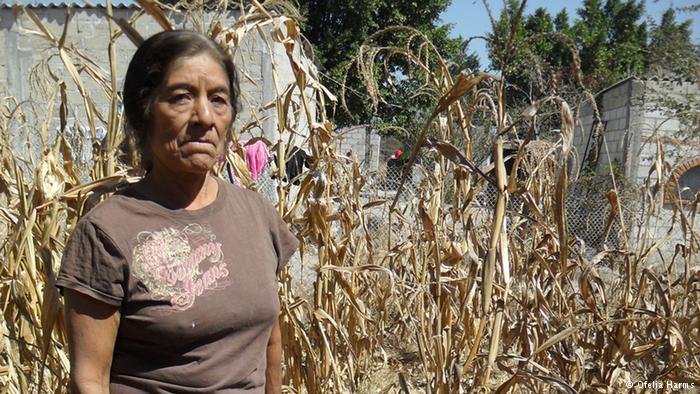
2007
To monitor the implementation of the National Rural Employment Guarantee Act (NREGA), launched in February 2006 and operational in 200 of India’s poorest districts, the Wada Na Todo Abhiyan comprising several civil society organisations, together with PACS Programme partners, gathered information on how the NREGA was working on the ground between July and October 2006.
While primary data was collected during the PACS Programme NREGS Week in June-July 2006, additional data was collected in a structured format from August to October 2006, with the help of PACS Programme communication agencies in Maharashtra, Jharkhand, Bihar and Madhya Pradesh; six partner CSOs in Uttar Pradesh, two in Madhya Pradesh, four in Bihar, two in Chhattisgarh, three in Maharashtra and two in Jharkhand.
Samarthan, Bhopal, designed the study, analysed the findings and prepared a report that was released at a national tribunal on the NREGA organised at the India Social Forum, New Delhi. Download the full report (PDF, 1mb) or read a summary below.
Objectives of the study
The study was undertaken with the following objectives:
- To review the current status of implementation of the NREGA in the PACS Programme states ((Bihar, Jharkhand, Madhya Pradesh, Chhattisgarh, Uttar Pradesh and Maharashtra).
- To identify emerging strengths and weaknesses for a wider dialogue for improvement.
- To evolve strategies for effective implementation of the NREGA as a joint initiative of the government, civil society and panchayati raj institutions.
Sources of information
Both primary and secondary sources of data were used for the study. The primary data was obtained through field surveys during `NREGS Week’, in the six PACS Programme states, and through a structured schedule.
The primary data collected through ‘NREGS Week’ included direct interactions with the stakeholders. In Bihar, the campaign covered 1,000 villages, in Jharkhand 550 villages, in Maharashtra 200 villages, and in Madhya Pradesh and Chhattisgarh 420 villages. Case studies were obtained through partner CSOs in the field as well as through public hearings on the NREGA. Direct experiences were also obtained through NREGA yatras in Madhya Pradesh and Uttar Pradesh, which mobilised several thousand people in both states. Similar interactions were also held with officials and affected groups.
Since the data collected during ‘NREGS Week’ was unstructured, a schedule containing questions on implementation of the NREGA was prepared and distributed in 87 randomly chosen panchayats and 107 villages in the six PACS Programme states. The data was collected between August and October 2006.
Key findings
The status of registration of households in Maharashtra and Bihar is extremely poor. Of the total registered households in Madhya Pradesh, 96.8% have received job cards.